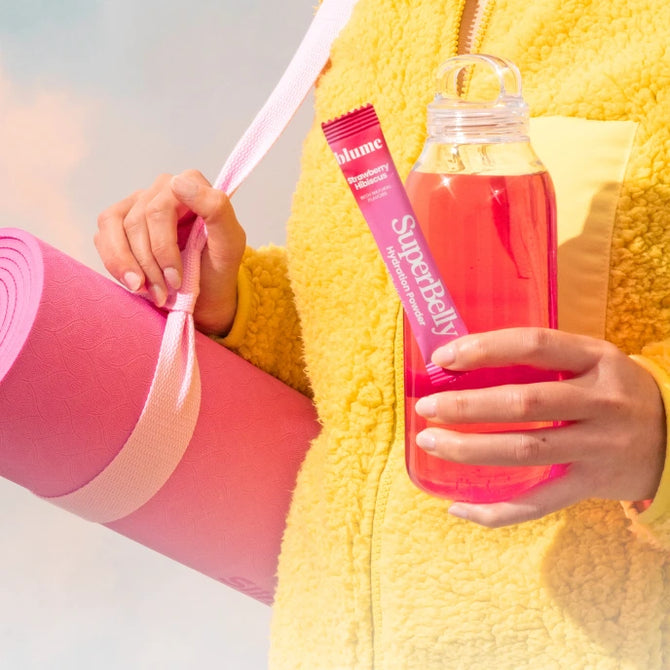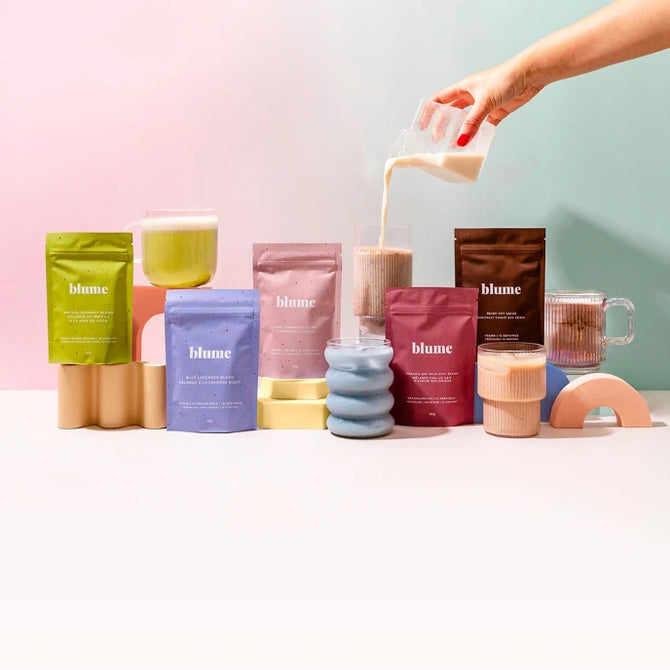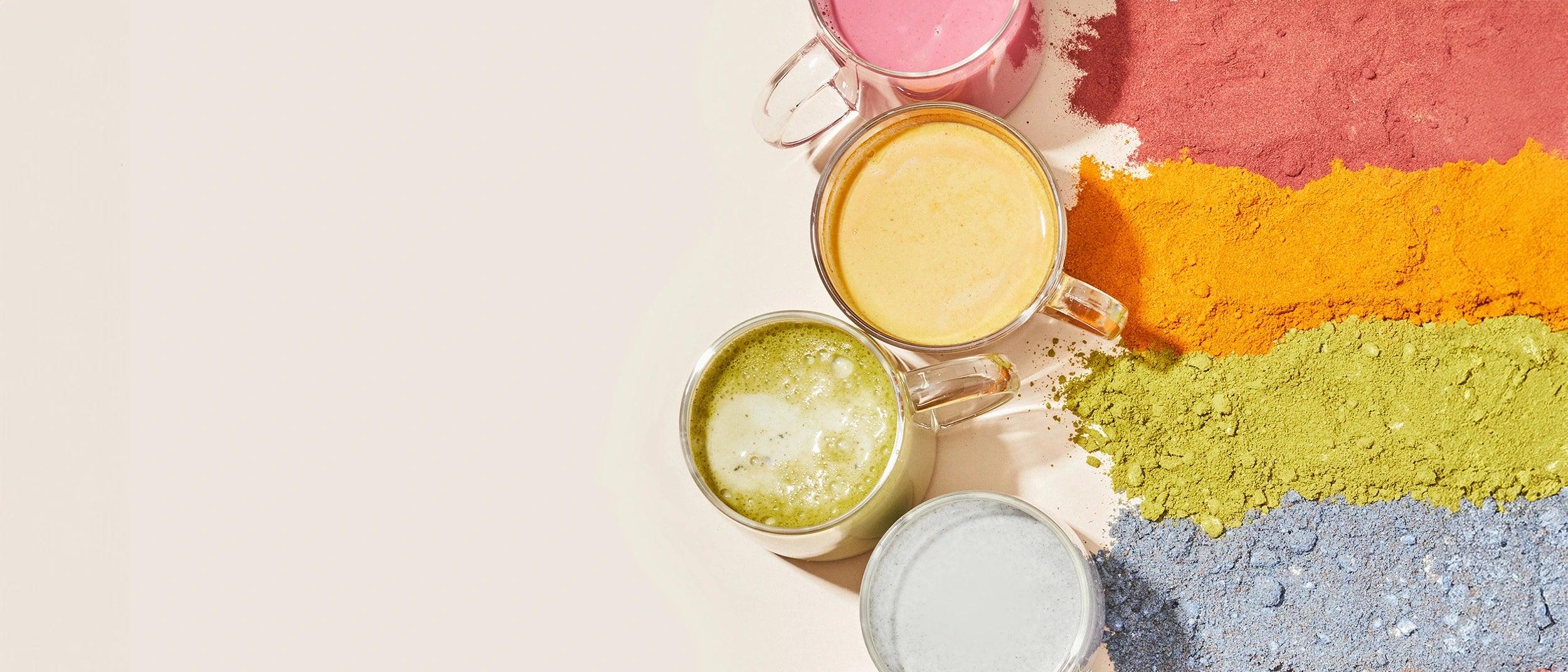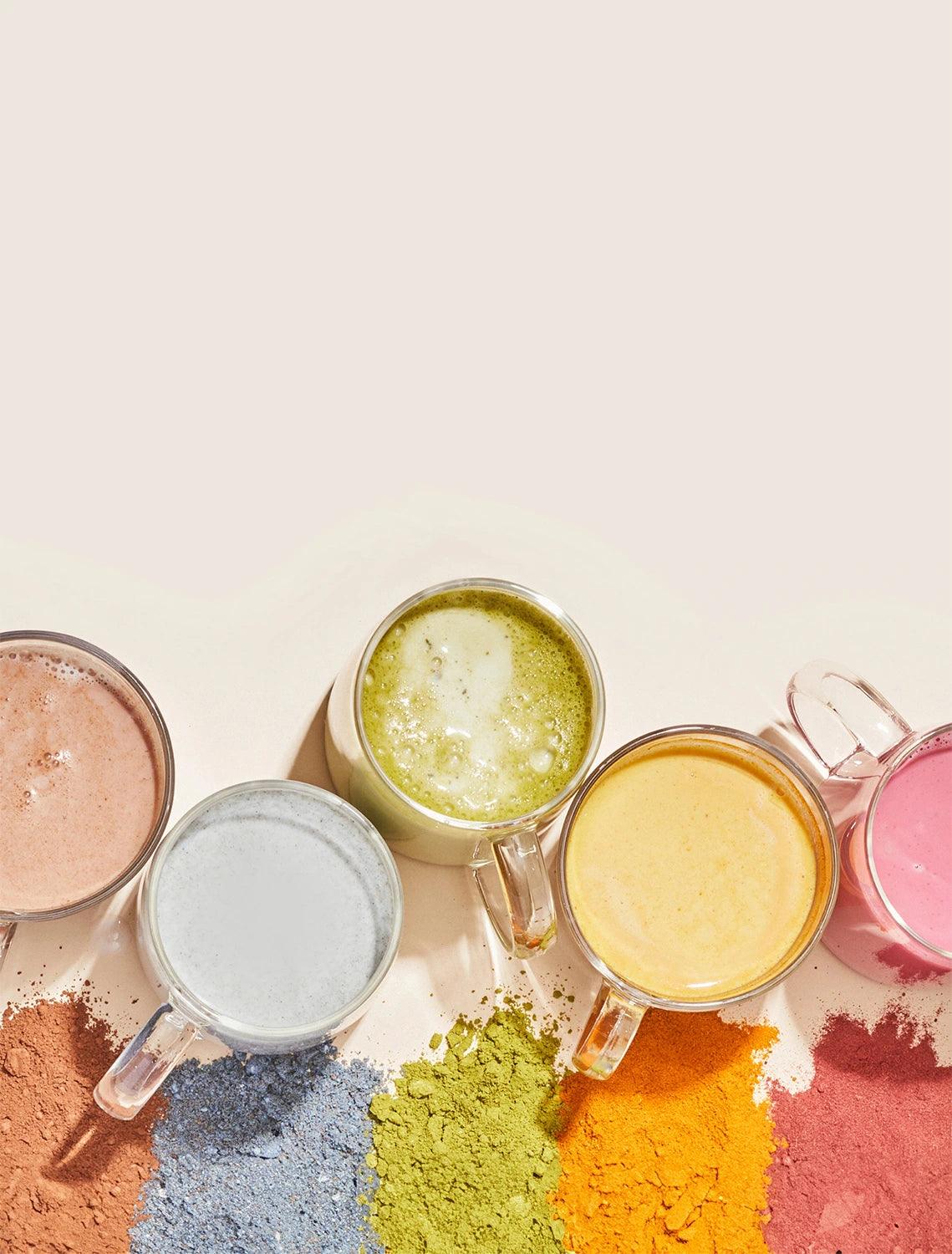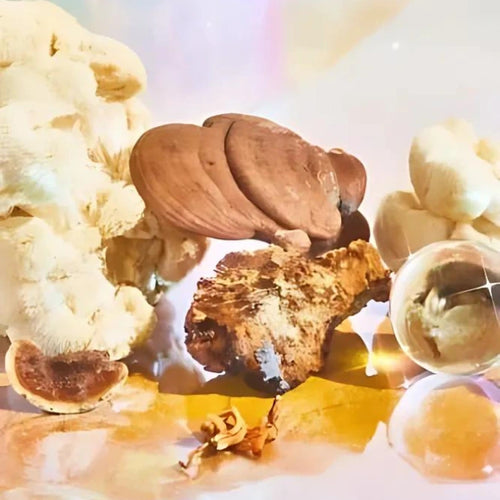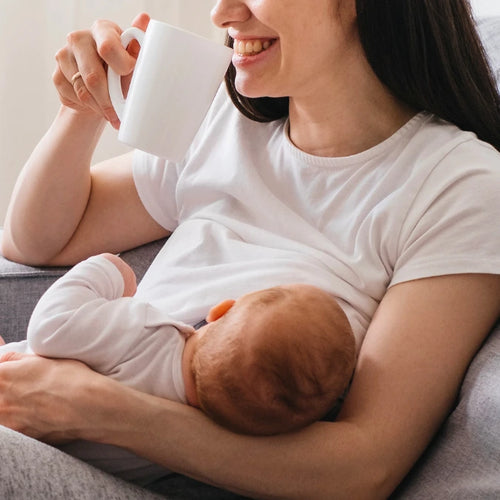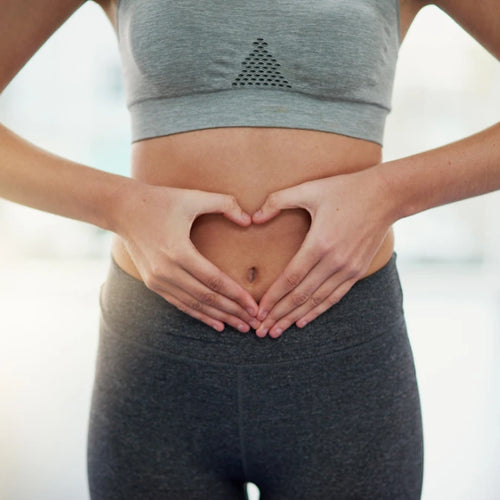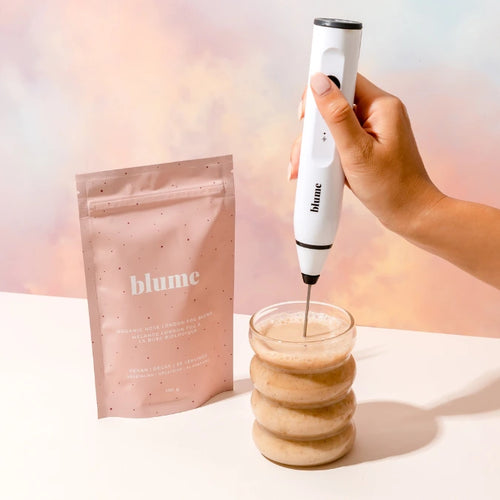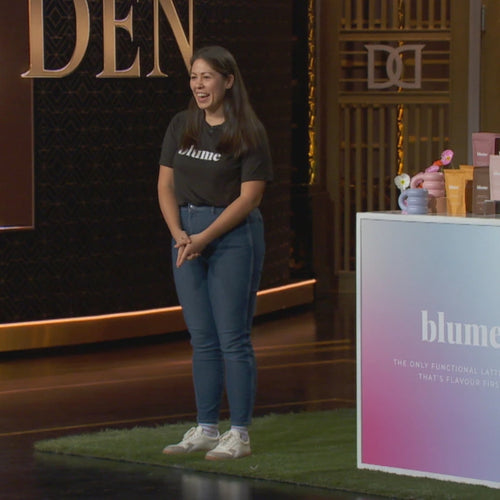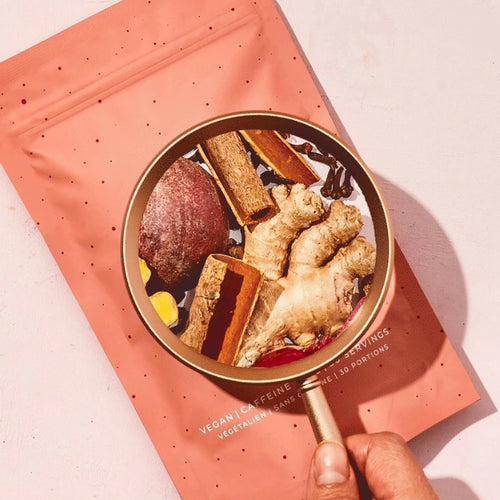
Go With Your Gut
Superfood lattes nourish your gut and mind, promoting better mental health through gut-brain connection!

What is an Adaptogen?
Learn more about adaptogens, their health benefits, and how to incorporate them into your daily routine.

7 Health Benefits of Reishi
Explore seven health benefits of reishi mushrooms, from boosting immunity to promoting better sleep!

Blume's Favorite Reasons to Drink Matcha
Find out why matcha is the perfect addition to your daily wellness routine.

Here Are 8 Reasons Why You Should Be Consuming Turmeric
Turmeric has a host of health benefits, anti-inflammatory, anti-bacterial and packed with antioxidants. Learn more about all of the benefits in this amazing superfoods here.

5 Health Benefits of Rose (Petals n' Hips)
A round up of our favorite reasons to enjoy Rose.

9 Good Reasons to Start Consuming Beetroot
Discover nine health benefits of beetroot, from lowering blood pressure to promoting glowing skin!
